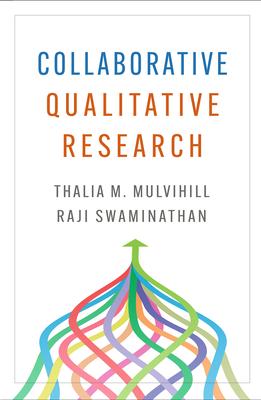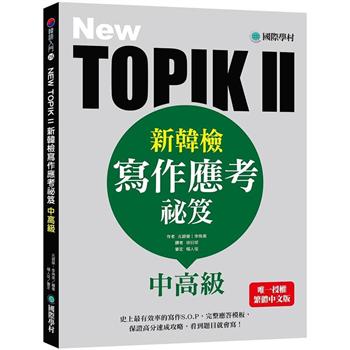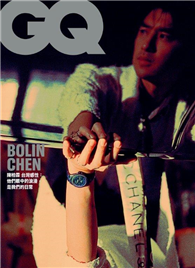Meeting a key need for qualitative researchers, this practical book presents tools for creating productive partnerships and managing each phase of a collaborative project. The authors provide guidelines for working across disciplines, status differentials (such as professor and student), and geographical locations. Collaboration within particular qualitative traditions--cross-cultural research, duoethnography, participatory action research, arts-based collaborations, and others--is described and illustrated with exemplars of published studies. Readers learn how to build research teams, formulate research questions, gather and analyze data, and assess how collaborations are working. Ethical questions are highlighted throughout: Who owns collaborative research? Who decides what aspects of the findings should be disseminated? How can inequitable power relations be redressed? Within-chapter "Pedagogical Pathways" sections provide practice exercises and opportunities for reflection.
Honorable Mention, ICQI Outstanding Qualitative Book Award| FindBook |
有 1 項符合
Collaborative Qualitative Research的圖書 |
 |
Collaborative Qualitative Research 作者:Mulvihill 出版社:Guilford Publications 出版日期:2022-08-26 語言:英文 規格:平裝 / 278頁 / 普通級/ 初版 |
| 圖書館借閱 |
| 國家圖書館 | 全國圖書書目資訊網 | 國立公共資訊圖書館 | 電子書服務平台 | MetaCat 跨館整合查詢 |
| 臺北市立圖書館 | 新北市立圖書館 | 基隆市公共圖書館 | 桃園市立圖書館 | 新竹縣公共圖書館 |
| 苗栗縣立圖書館 | 臺中市立圖書館 | 彰化縣公共圖書館 | 南投縣文化局 | 雲林縣公共圖書館 |
| 嘉義縣圖書館 | 臺南市立圖書館 | 高雄市立圖書館 | 屏東縣公共圖書館 | 宜蘭縣公共圖書館 |
| 花蓮縣文化局 | 臺東縣文化處 |
|
|
內容簡介
作者簡介
Thalia M. Mulvihill, PhD, is Professor of Higher Education and Social Foundations and Provost Faculty Fellow at Ball State University. She has served as Director of two doctoral programs, as well as Director of the Certificate Program in Qualitative Research and Education and the Certificate Program in College and University Teaching. Dr. Mulvihill is coeditor of The Teacher Educator journal and has published over 85 peer-reviewed articles and book chapters related to qualitative research and innovative pedagogies, as well as eight books. The recipient of numerous teaching, research, and mentoring awards, she is engaged in the study of history and sociology of higher education, qualitative inquiry, innovative pedagogies, and educational leadership.
Raji Swaminathan, PhD, is Professor in the Department of Educational Policy and Community Studies in the School of Education at the University of Wisconsin-Milwaukee. She has served as Director of Doctoral Studies and Chair of the Department and is a recipient of the university’s Faculty Teaching and Faculty Research Awards. Dr. Swaminathan has published over 40 peer-reviewed articles and book chapters and seven books, six on qualitative research methods and one on the narratives of immigrant women. She is interested in and works in the areas of qualitative research, youth resilience, urban and alternative schools, creative pedagogies, and school leadership.
|










